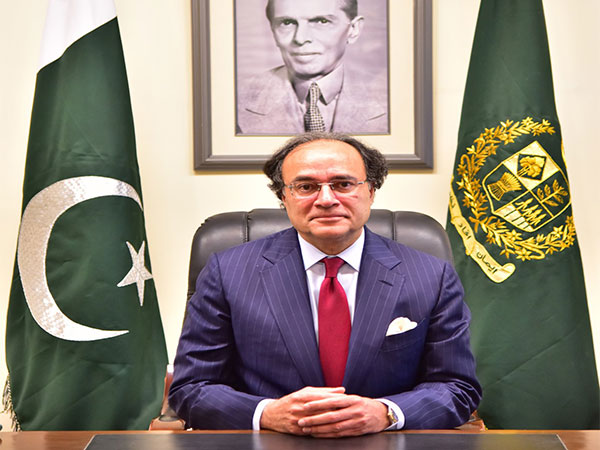Pakistan's Economic Revamp Crucial to End IMF Dependence: Finance Minister
Pakistan's Finance Minister, Senator Muhammad Aurangzeb, emphasized the need for a fundamental economic overhaul to avoid future IMF bailouts. Addressing economic challenges like high inflation and a trade deficit, he stressed macroeconomic stability and critical reforms during a press conference in Islamabad.

- Country:
- Pakistan
Pakistan must overhaul its economic foundation to break free from repeated International Monetary Fund (IMF) bailouts, according to Federal Minister for Finance and Revenue, Senator Muhammad Aurangzeb. He described the recently approved 37-month Extended Fund Facility (EFF) as the country's 'last' during a press conference in Islamabad.
Aurangzeb highlighted the significant economic challenges facing Pakistan, including currency struggles, high inflation, and a substantial trade deficit. Pakistan has availed 25 IMF programmes since becoming a member in 1950, the most recent being a 37-month EFF approved in September 2024.
The new USD 7 billion loan is Pakistan's 25th IMF programme since independence in 1947, the highest number for any country. Aurangzeb underlined the importance of implementing tough decisions to ensure economic stability. He stressed macroeconomic stability and the execution of critical reforms under a homegrown economic agenda, warning that failing to act now would further burden the salaried class.
Aurangzeb was accompanied by Rashid Mahmood Langrial, Chairman of the Federal Board of Revenue, during the conference. He also stressed the need to control the growing population for sustainable development and pointed out the inevitability of increasing tax revenues while respecting human rights. He announced the establishment of digital checkpoints to combat smuggling, advocating for an export-driven model to foster sustainable growth.
Reaffirming the government's resolve to implement structural reforms, Aurangzeb emphasized that macroeconomic stability should lay the foundation for sustainable growth. He said, 'Macroeconomic stability is not an end in itself, it is a means to an end.'
(With inputs from agencies.)
ALSO READ
Economic Shifts: Inflation Drops, Trade Deficit Surges, and Gold Prices Plunge
India's Exports Surge Amid Widening Trade Deficit
Discrepancy in Gold Import Figures Sparks Trade Deficit Concerns
India's Stock Market Tumbles Amid Record Trade Deficit Concerns
Gold Glimmers as Trade Deficit Shimmers: November's Economic Upsurge










